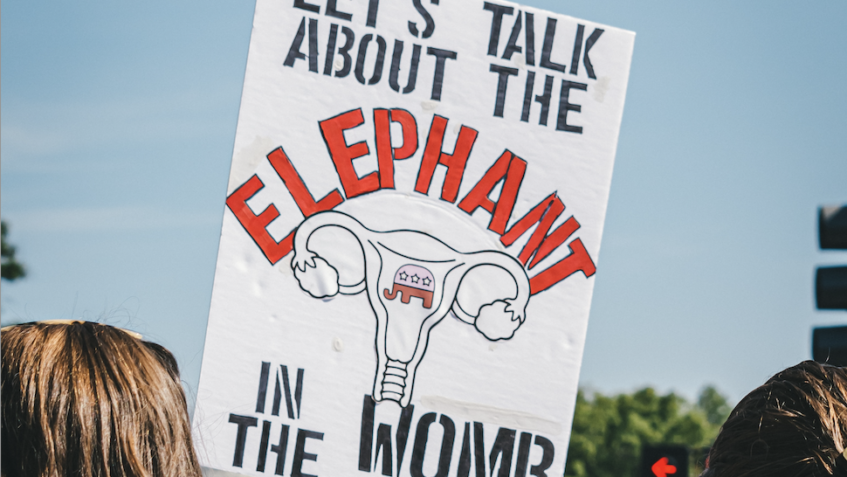
Photo courtesy: democratsofindianriver.org
In a crucial abortion rights initiative, on Jan 5, pro-choice activists announced they had reached more than the required number of verified signatures to place abortion on the 2024 ballot and potentially ensure the protection of abortion rights as it pertains to the Florida Constitution.
According to the Florida Division of Elections, the state collected more than 911,00 verified petitions, which surpasses the 891,500-petition requirement. With their successful petition collection, these groups have made a major advancement in their ongoing campaign for reproductive rights. However, the Supreme Court will be challenging the language of the ballot measure alongside a law Florida Gov. Ron DeSantis approved last year that bans abortion after 15 weeks.
Along the other advocacy groups, a collection of students at Florida A&M university have taken the initiative to exercise their rights to petition in light of their awareness on the severity of abortion issues, as well as the protection of women and its effects on future generations.
Matthew Rivera, a fourth-year health science pre-physical therapy major, believes that it is his duty to take action. Given his personal experience with healthcare, he’s obtained further insight on the significance of abortion rights.
“It was important for me to sign the abortion petition when it was presented because it’s your right to advocate for your beliefs in this world, especially civically when given the opportunity to do so. It wasn’t really a question on if I should or should not sign the abortion petition,” Rivera said. “I would definitely be frustrated if the court still ruled against the current bans because as a health science student it’s just simply a backwards step to take away choices from your patients, especially when in certain circumstances the results can be life threatening and that should be a no brainer to politicians and other citizens of this state.”
If the current petition measure makes it on the ballot in support of the amendment allowing Florida abortions to remain legal until a fetus is deemed viable by a patient’s healthcare provider, the constitution requires at least 60% of the votes to be in favor of the amendment n order for it to become the law in Florida. On the contrary, if the court upholds its current ban, a bill signed by DeSantis this year that will ban abortions after six weeks will go into effect.
Azanna Law, a third-year fine arts major at FAMU, describes the importance of her rights as a woman and the possible effects the abortion rights results could have not on women and other community issues as well.
“I believe that women should have the rights to their own bodily autonomy,” Law said. “If the state of Florida went against the petition, I would feel ashamed since women would essentially have one of their rights federally stripped away. The ban could lead to a domino effect for other gender affirming rights and potentially the LGBTQ+IA community.”
On Feb 7, the ballot language arguments will be heard by the Supreme Court. If the court challenges are successful, it could mark a significant victory for abortion rights, in Florida and also for the broader movement nationwide. Conversely, a failure to challenge the law could set a precedent that emboldens anti-abortion efforts in other states.